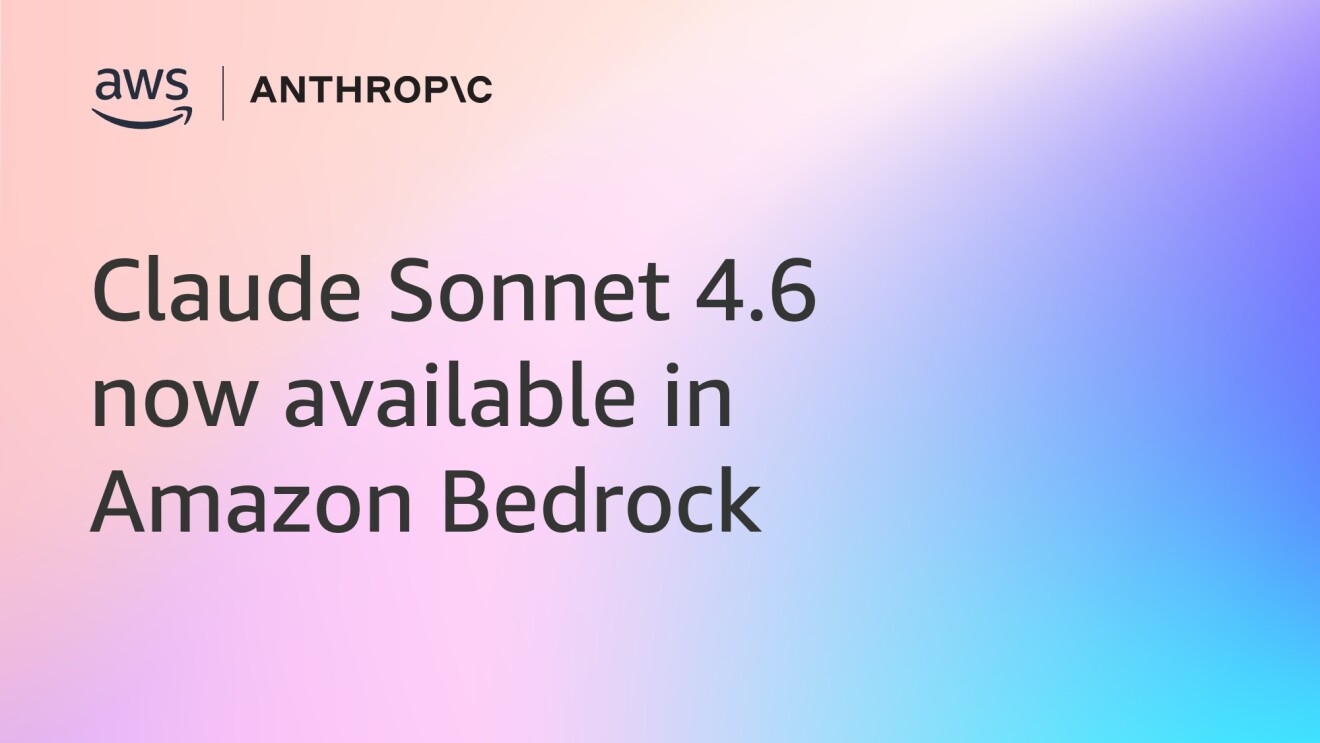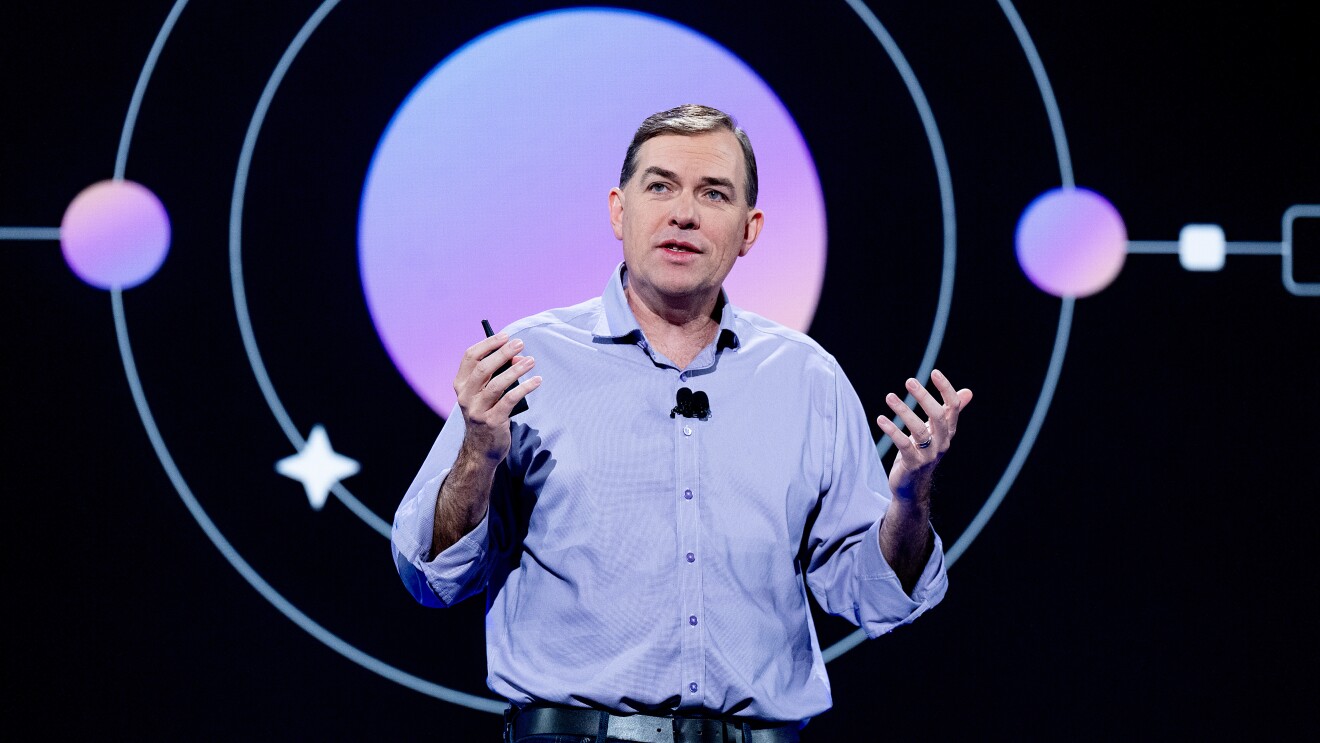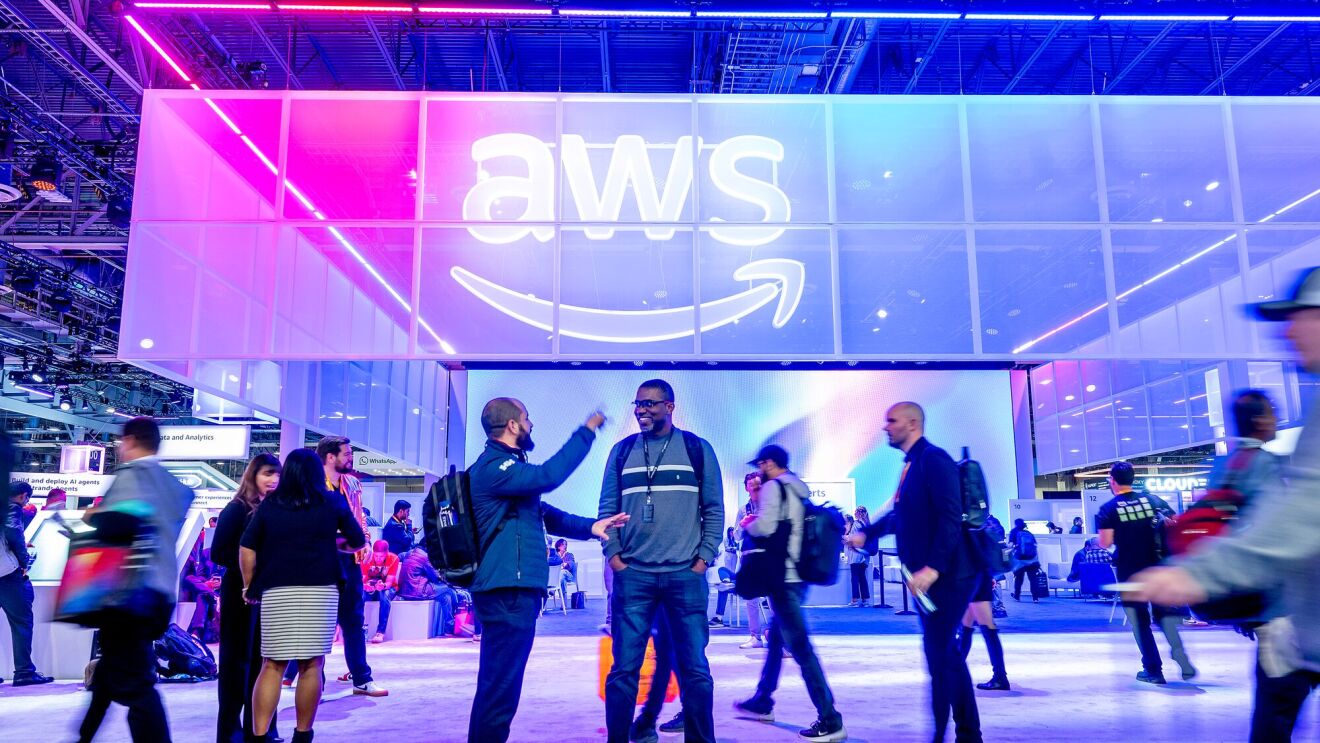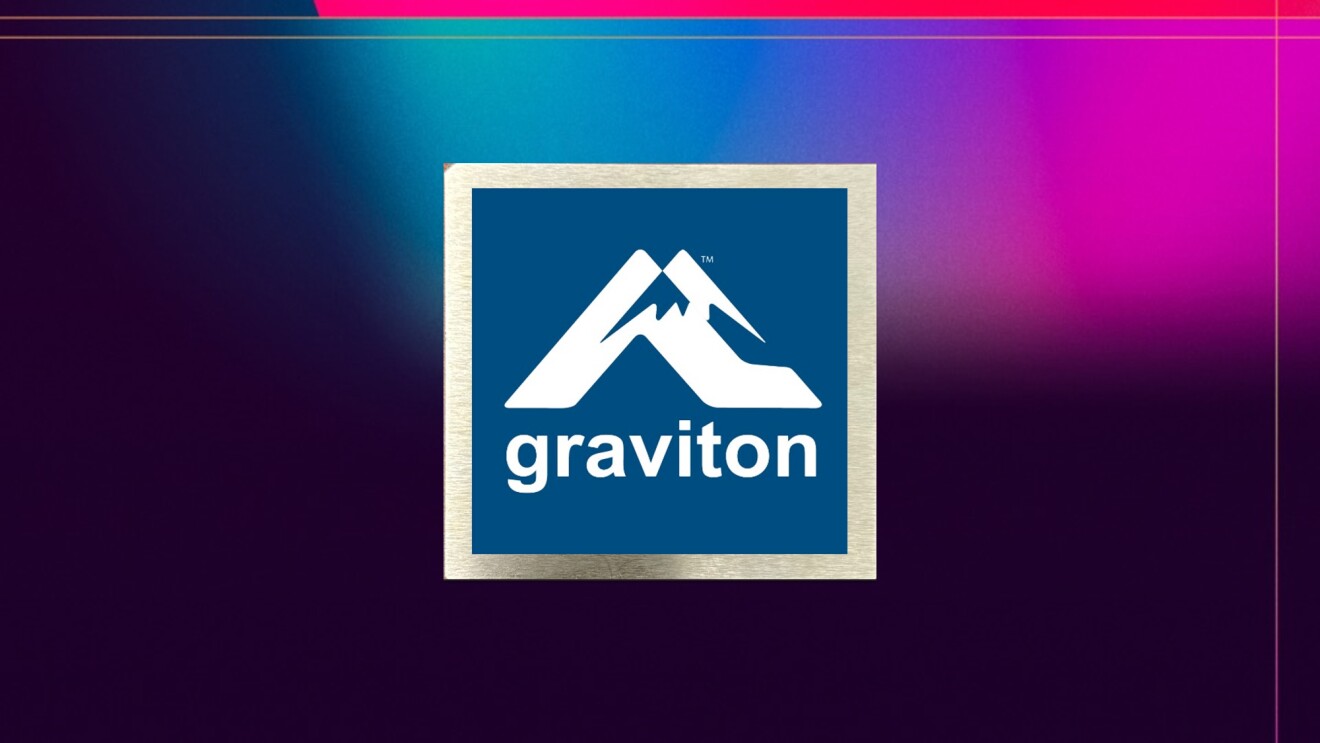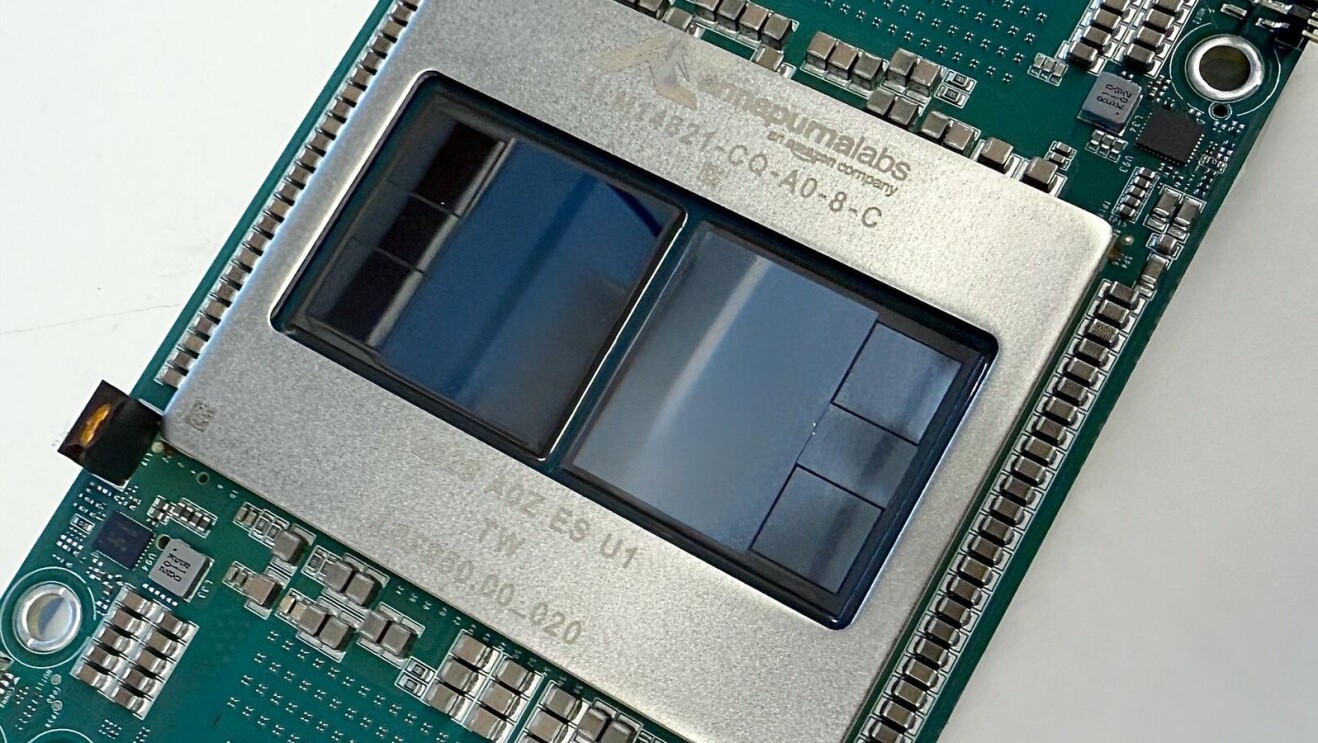Wind back 15 years to the launch of Amazon Web Services (AWS), and the startup landscape was dramatically different, said Matt McIlwain, managing director of Seattle-based Madrona Venture Group. Startups are never easy, but if you were building a tech company circa 2006, before you could actually build anything, you had to find the money to buy hardware.
“Startup founders were having to spend this really expensive capital, whether it's from friends and family or it's from venture capitalists like ourselves to go buy racks, to go buy servers, to go buy storage devices, and then take all the time to set it up and configure it,” McIlwain said. “And by the way, all of this stuff is generally commodity; it is generally not differentiating you as a business. So, why would you do that?”
Turns out, you wouldn’t.
McIlwain and the Madrona team immediately saw the benefits of the first two cloud services launched by AWS—Amazon Simple Storage Service (Amazon S3) and Amazon Elastic Compute Cloud (Amazon EC2). These storage and compute services freed startups from that initial hardware spend and hurdle. Entrepreneurs could get straight to building, and they were freed from investing upfront in hardware that might not meet the needs of a growing (or shrinking) business.
McIlwain had the idea to host gatherings in a loft building in Seattle’s Capitol Hill neighborhood. He wanted to get the early AWS team in the same room as leading startup founders to see how they got on. “We, of course, had to buy all the wine and beer, since Andy (Jassy) wasn’t going to do it,” McIlwain said, laughing.
Free refreshments or not, the startup community in Seattle, and soon other startup centers across the U.S., quickly saw how AWS changed the requirements for building a company And they wanted more. If AWS could support their storage and compute needs, what else could the cloud do?
As startup founders throughout the U.S. and in the UK hammered on AWS services, they began asking for more and better ways to build their companies with the cloud. VCs like McIlwain, along with the founders in Madrona’s portfolio, worked alongside the early AWS engineering team to suggest improvements and new services to expand startups’ speed and possibilities.
“We became a little bit of a filter to some really good startups who had legitimate problems that might be high enough priority for the AWS team to work on and solve,” McIlwain said. “And that relationship has continued all the way through for the last 15 years of the journey. And 15 years from now, we're going to be blown away by what's possible.”
This year is the 15th anniversary of AWS. Learn more about the history of the cloud.



